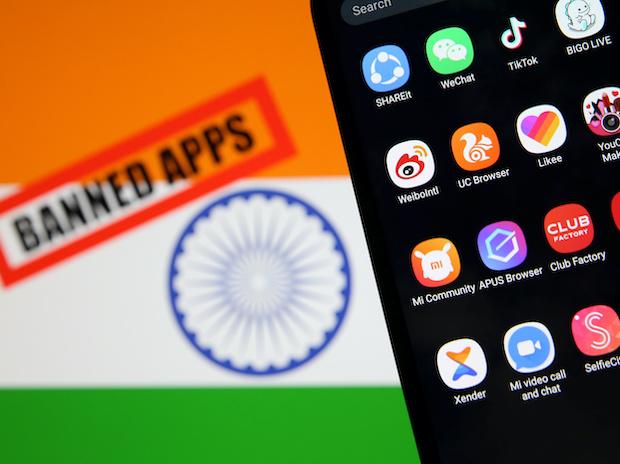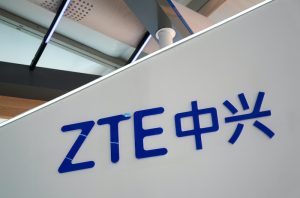(ATF) India dealt another blow to China on Tuesday by banning a third batch of its apps.
The Ministry of Electronics and Information Technology (MEITY) blocked access to 43 additional Chinese apps, including the popular online retail portal AliExpress, owned by Jack Ma’s e-commerce giant Alibaba Group.
“This action was taken based on the inputs regarding these apps for engaging in activities which are prejudicial to sovereignty and integrity of India, defence of India, security of state and public order,” MEITY said in a statement.
On June 28 Meity blocked access to 59 Chinese mobile apps, including the hugely popular TikTok video platform and UC Browser. On September 2, 118 more apps were banned, including PUBG Mobile Nordic Map, Livik, PUBG Mobile Lite, WeChat Work Livik, PUBG Mobile Lite, and WeChat Work.
India has now banned 220 Chinese apps since June amid continuing tensions along the India-China border that has hardened the country’s resolve to reduce dependence on this sometimes-friend-sometimes-foe neighbouring economic giant.
Security experts had often raised concerns against many of these apps, alleging that they collected personal data from users’ handsets.
Rival local app players have also alleged that some of the apps banned earlier had re-emerged in Indian app stores.
Targeting a sweet spot
While the banning of Chinese apps addresses India’s security concerns, it also stymies China’s top tech firms in what many consider to be the biggest, untapped digital market in the world, added B&B Associates.
“For China, India is one of the main application markets which is growing and valuable because of cheap and accessible internet services and a huge base of consumers in India,” an analysis from legal consultants B&B Associates said.
READ MORE: India declares tech war on China
Clearly the ban has hit some of the apps’ revenues hard.
When Tik Tok, for instance, was banned briefly in India last year, on the grounds that it reportedly was promoting pornography, its parent ByteDance complained to a local court that it was losing $15 million a month due to the ban.
The app was subsequently permitted to operate for a while before being banned again this year on security grounds.
Double-barrelled hit
India is coming down hard on other aspects of trade as well.
According to a Reuters report on Wednesday, India’s tight control of quality clearances for electronic products from China slowed the import of Apple’s new iPhone model last month and held up other products made by companies such as Xiaomi.
Applications to the quality control agency, the Bureau of Indian Standards (BIS), typically used to process shipments within 15 days, but some are now taking up to two months or longer.
BIS started delaying approvals in August for China-made imports of devices such as smartphones, smartwatches and laptops, part of the fallout from deteriorating ties with China after a border clash in June that killed 20 Indian and an unknown number of Chinese soldiers. Since the clash India has also tightened rules for investments from China.
The delay, according to the news agency, has severely affected Apple’s new iPhone 12, since the company’s newer models are imported from China, where contract manufacturers make the bulk of Apple’s devices.
According to the BIS website, as of Wednesday, 1,080 applications for laptops, tablets and other devices were pending, with 669 of those waiting more than 20 days, including applications from China-based factories of Wistron and Compal Electronics, and Hangzhou Hikvision.
Some of the applications for approval have been pending since September.
Indian traders and Hindu nationalist groups have for months called for a boycott of Chinese products because of the border clash, while Prime Minister Narendra Modi continues to promote self-reliance and local production.
READ MORE: India plays it safe by avoiding RCEP
The BIS delays have also hit Chinese smartphone brands including Xiaomi and Oppo, that along with its sister brand Vivo command close to 50% of the country’s smartphone market.
Sources say India’s withdrawal from the Regional Comprehensive Economic Partnership (RCEP) signed on November 16, would be another stumbling block “for the wave of cheap products from China and elsewhere flooding India’s markets”.
While India is already facing a challenging economic environment with a slowing economy, New Delhi is also struggling to reduce India’s dependence on imports from China.
Over the past 10 years, India’s trade deficit with China has been steadily widening with consistently higher imports than exports. In 2010 for instance, India’s imports from China were worth $41.3 billion, but that figure had risen to $68.4 billion by 2019.
With reporting by Reuters.
























